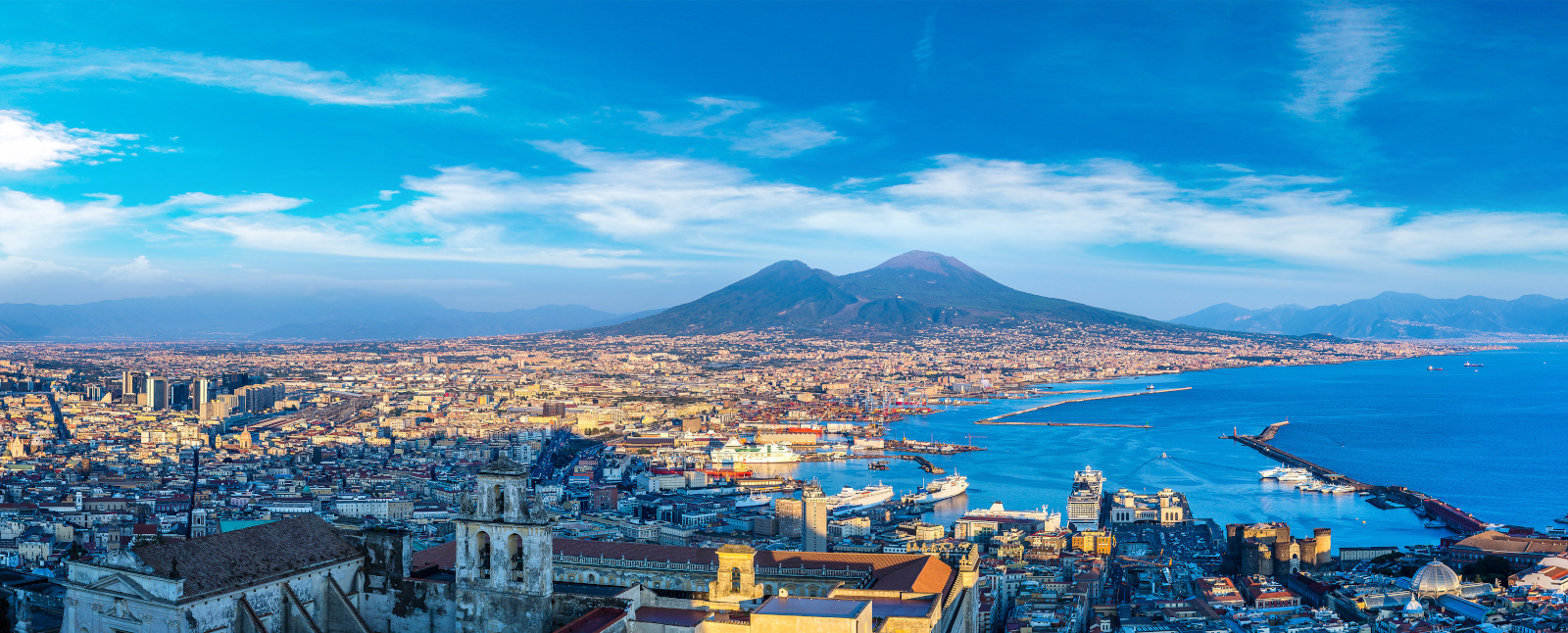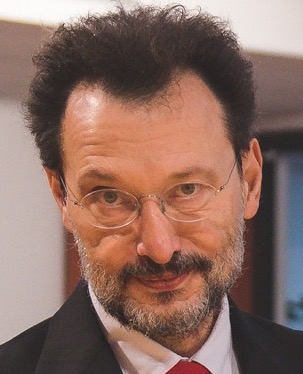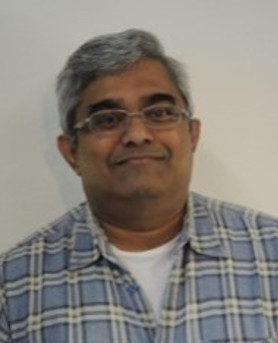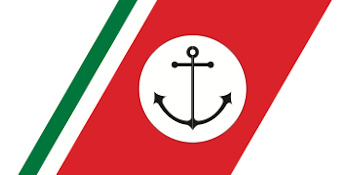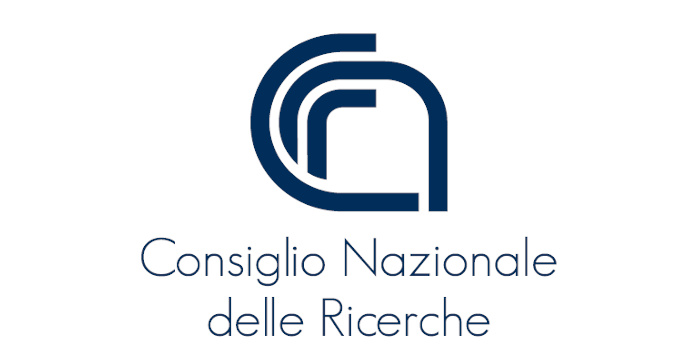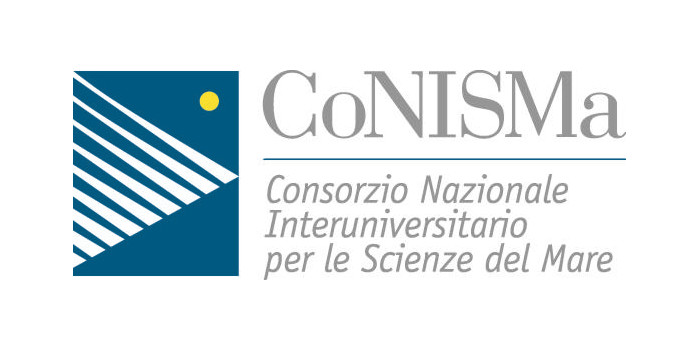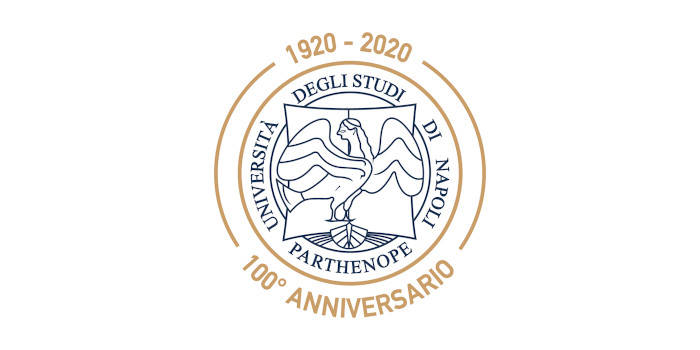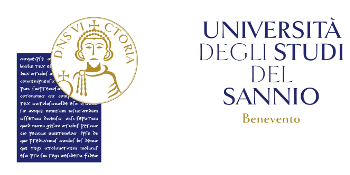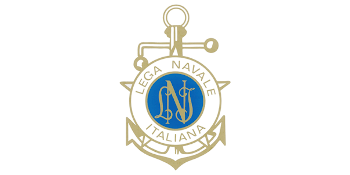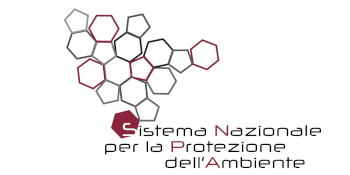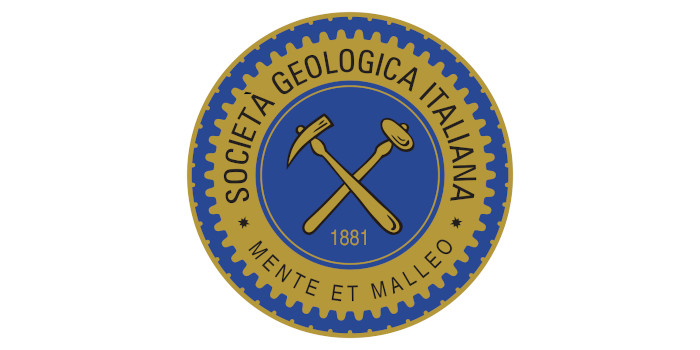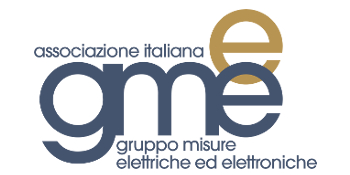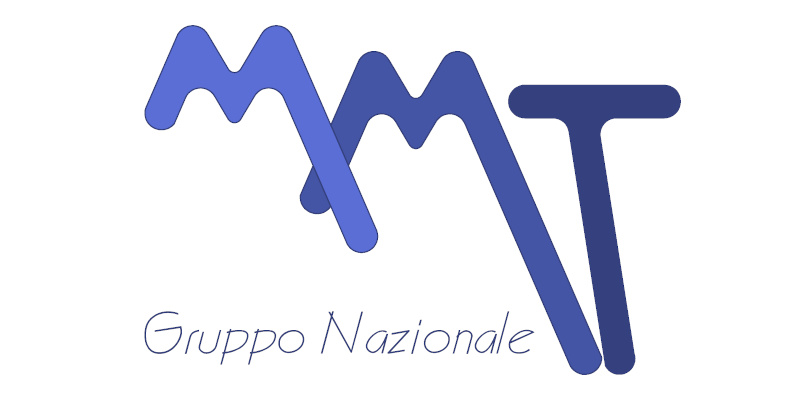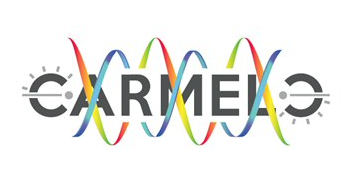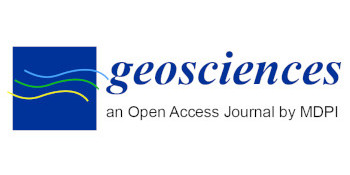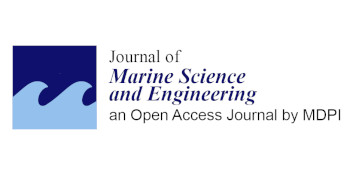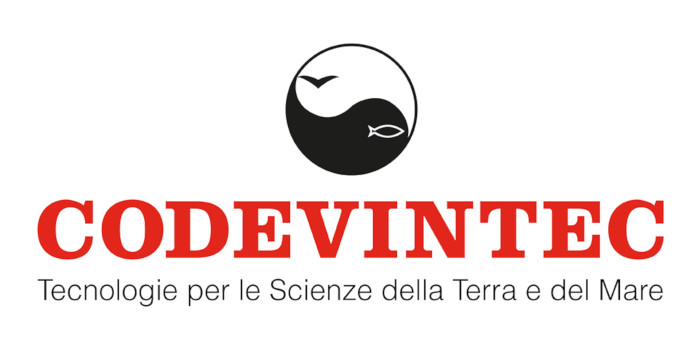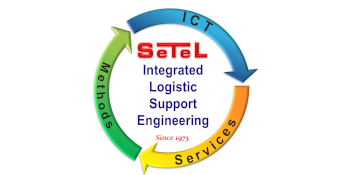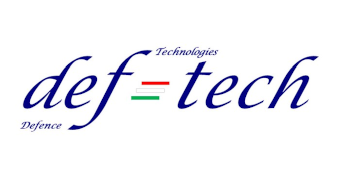Filling a gap: metrology in marine observation and data
Cosimo Solidoro
Director of oceanographic section
Istituto Nazionale di Oceanografia e di Geofisica Sperimentale, Italy
Rajesh Nair
OGS (Istituto Nazionale di Oceanografia e Geofisica Sperimentale), Italy
ABSTRACT
The European Union’s Marine Strategy Framework Directive (2008) states that “Provision should be made for the adoption of methodological standards for the assessment of the status of the marine environment, monitoring, environmental targets and the adoption of technical formats for the purposes of transmission and processing of data […]”. In its 2010 Communication to the European parliament and Council on the Marine Knowledge 2020 initiative within the framework of the European Union’s Integrated Maritime Policy, the European Commission highlighted that “Fragmented standards, formats and nomenclature, lack of information on precision and accuracy, the pricing policy of some providers and insufficient temporal or spatial resolution are further barriers [to the exploitation of collected data in developing new products and services]”.
The above institutional excerpts are testimony to the pressing need to begin building a strong metrological basis for marine measurements in Europe, making it an integral part of the region’s marine observing and data management sectors. The metrological approach represents an established way to assure traceability of measurements to the Système International d'Unités (SI) and achieve true inter-comparability of data at the transnational level. Such traceability is essential to ensure:
- the relation of acquired measurements to recognized standards;
- the conformity of measurement practices amongst laboratories to acknowledged guidelines at both the national and international levels;
- the provision of documentation to handle sensors and data properly.
However, metrology is rarely discussed in marine observing circles and in the marine data management community despite its intimate link to sensor performance, data quality and data usability issues. This disregard arises from ignorance concerning the rigor required of modern measuring activity and the complexity of the underlying metrological system supporting it. It must be said that the situation is also a heritage of the historical evolution of marine observing activity, which developed outside the umbrellas of national metrological institutions (NMIs) and formally recognized international metrological frameworks. Unfortunately, in today’s reality, where marine measurements and data are no longer viewed solely as a scientific tool but also as a valuable multiple-use commercial commodity and a resource for social change, this state of affairs is no longer tenable and needs to be addressed.
At the present time, there are very few scientists working formally in the field of metrology applied expressly to marine measurements (perhaps even < 10 persons per country in Europe). But, over the past few years, these small groups are beginning to work together to try to lay the foundation for a pan-European marine calibration grid in coordination with the system of NMIs and industry. Most of this activity is being, or has been, attempted indirectly, and only in small ways, within the framework of European projects and programmes, most notably, ENV05, JERICO, JERICO-NEXT and JPI-Oceans. There is a strong necessity to inform the marine observing community and the European Commission of the need for specific attention and investments on this topic as it will be fundamental to fulfilling central European policy goals such as the Marine Strategy Framework Directive and Blue Growth.
SPEAKERS BIOGRAPHY
Cosimo Solidoro: Research director and currently head of the Oceanography Section of the National institute for Oceanography and Applied Geophysics OGS . Research activities include developments, analysis and use of a variety of numerical methodologies, ecological models and ocean models of different complexity. Recent research activities expand further over the human dimensions and the integration among different components of marine systems. Scientific Coordinator of Sharemd, a EU project on pollution and environmental threats and of ICCC, a PRIN project on pollutants and biogeochemical cycles in a changing climate. President of the International Society of Ecological Modelling - European Chapter, member of the executive board of the european consortium EUROCEANS.
- www.ogs.trieste.it/it/users/cosimo-solidoro
- IMBER (national italian representative)
- ISEM (president european chapter)
Rajesh Nair (male) has nearly 30 years of experience in Oceanography and the Marine Sciences, with a strong experimental background, extensive field skills and “hands-on” knowledge of a wide variety of marine instrumentation. As part of the permanent staff of the Centro di Taratura e Metrologia Oceanografica (CTMO), the oceanographic calibration facility of the INOGS which he helped set up in 2002, his present activities and interests focus on marine observing technologies, including calibration, control and testing of instrumentation, and the application of metrological principles to measurement quality assurance both in the laboratory and in the field. Mr. Nair is actively involved in marine research at both the national and EU levels, and internationally. He co- led Work Package 2 (“Harmonization of technologies and methodologies - technical strategy) of the EU H2020 project, JERICO-NEXT (Joint European Research Infrastructure network for Coastal Observatory - Novel European eXpertise for coastal observaTories; 2015 - 2019), and was the leader of Work Package 5 (“Data management and distribution”) of the EU FP7 project, JERICO (Towards a Joint European Research Infrastructure network for Coastal Observatories, 2011 - 2015). Mr. Nair currently co-chairs the Technology Panel Working Group (TPWG) of the European Global Ocean Observing System (EuroGOOS), the European component of the Global Ocean Observing System (GOOS), and is also a National Representative in the EU’s JPI Oceans (Joint Programming Initiative - Healthy and Productive Seas and Oceans) European Marine Sensor Calibration Network Joint Action.
